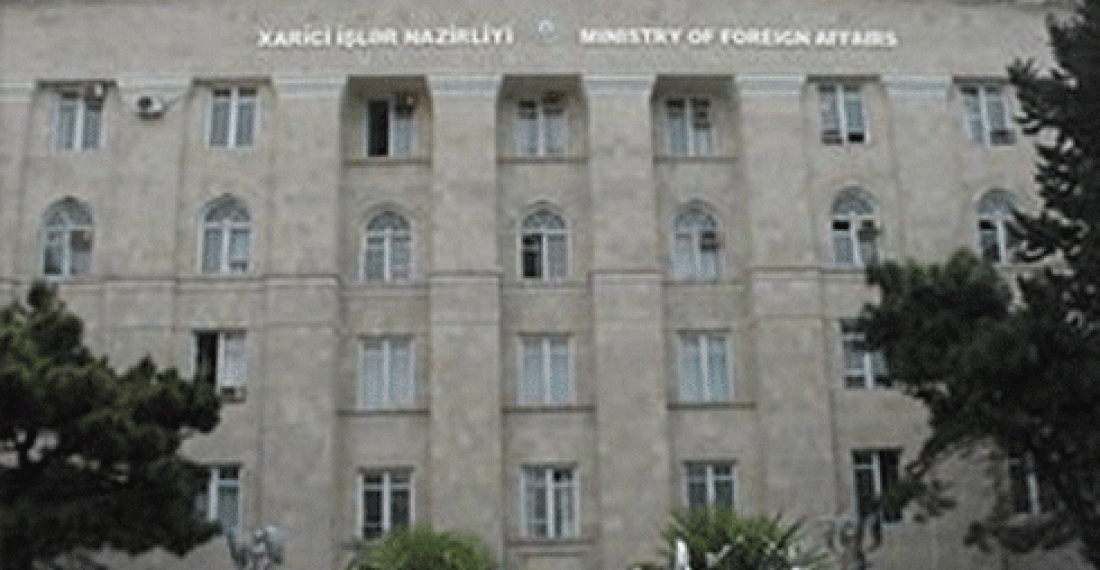The Azerbaijani Foreign Ministry has described as a provocation by the Armenian Government the announcement that there will be presidential elections in the self declared Nagorno-Karabakh Republic
Spokesperson for the Azerbaijani Foreign Ministry Elman Abdullayev added that “It shows the approach of Armenia to the settlement of the conflict, its disrespect to the norms of international law, and means that this country denies the resolutions of the international organizations adopted by UN Security Council, Council of Europe, European Parliament”.
The Azerbaijani reaction came after reports in the Armenian Media stated that there will be Presidential Elections in the territory on July 19th. The current incumbent Bako Sahakyan is expected to seek another term. Political observers say that opposition to Sahakyan within Karabakh is very weak and his re-election is very likely.
source: commonspace.eu with agencies
photo: The building of the Azerbaijani Foreign Ministry in Baku (archive picture)







